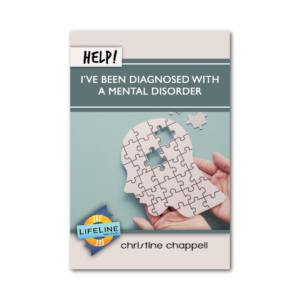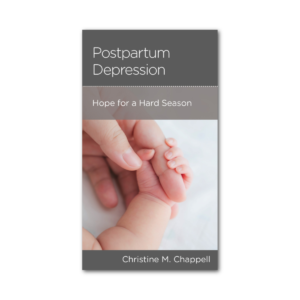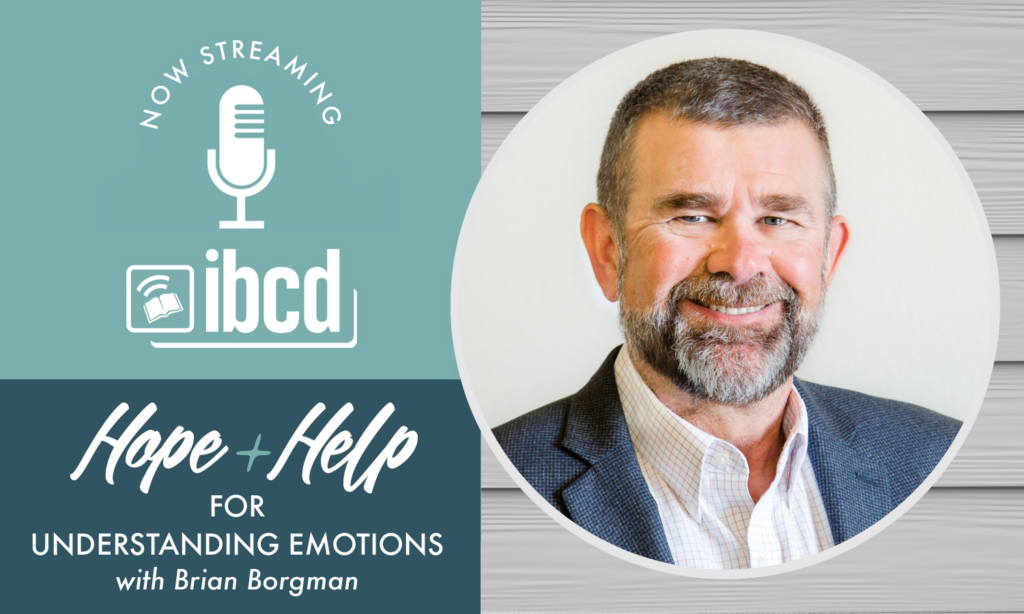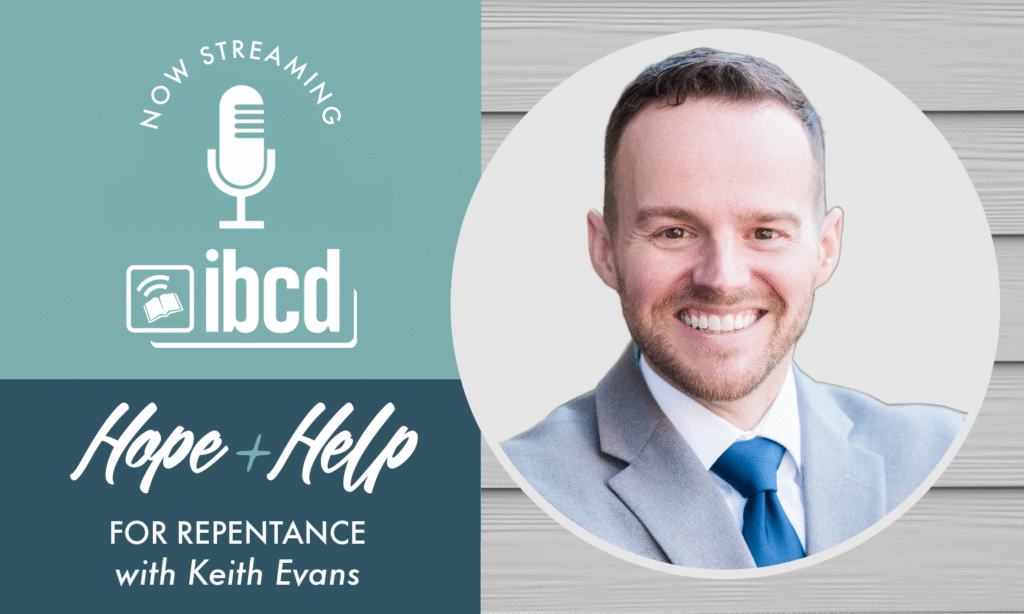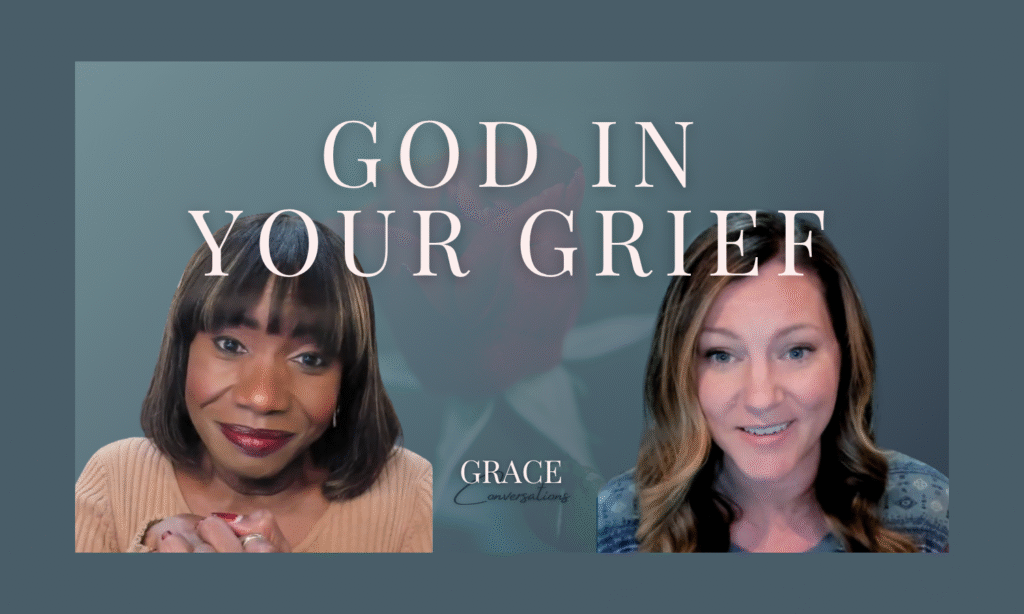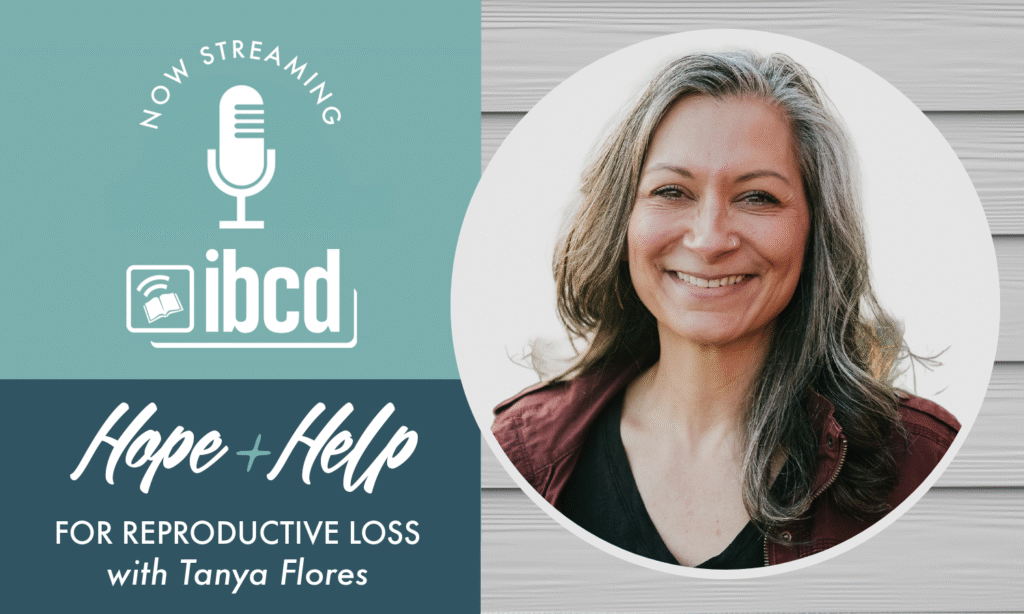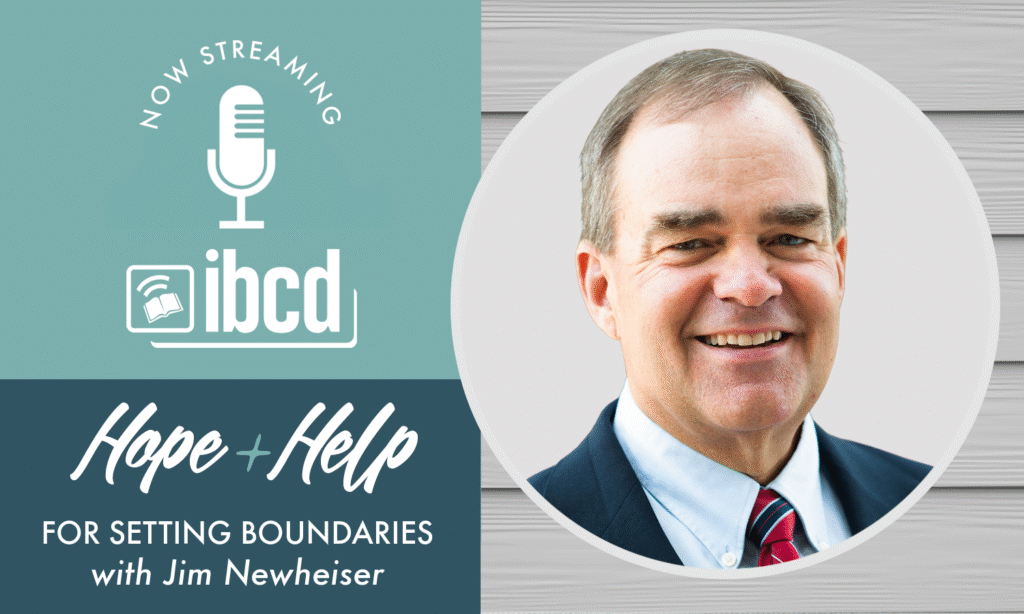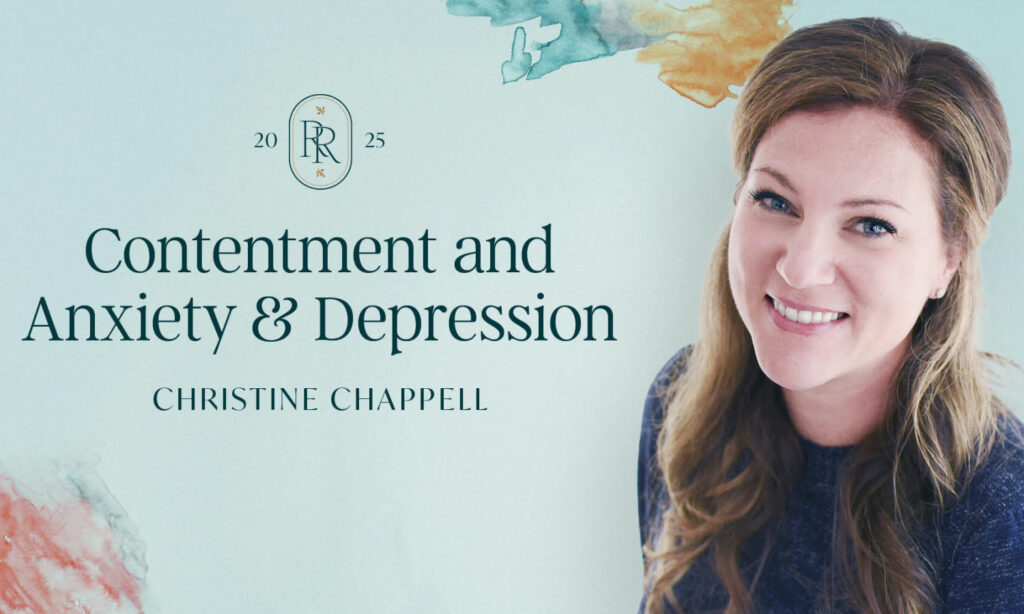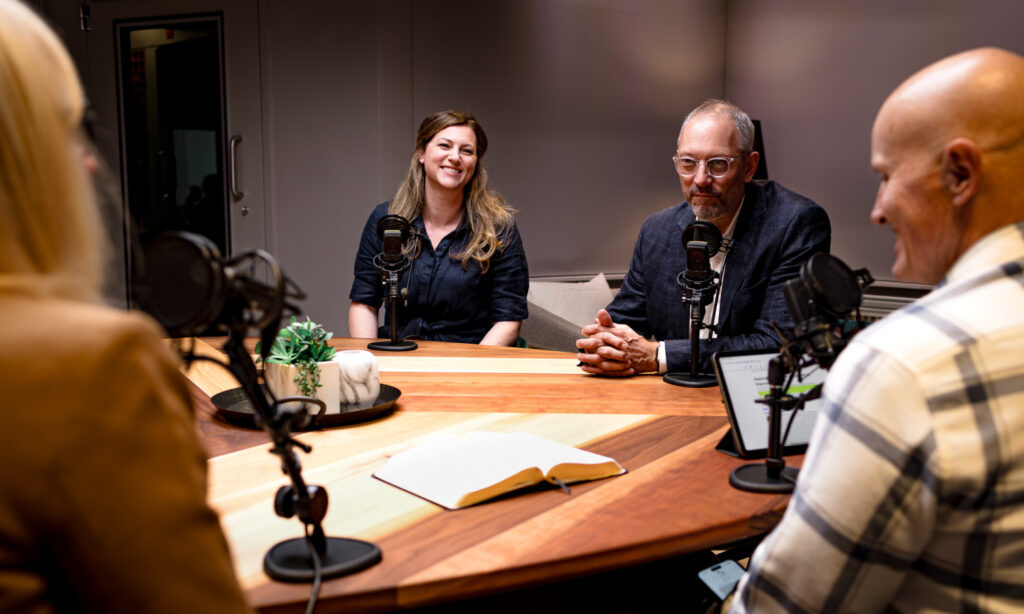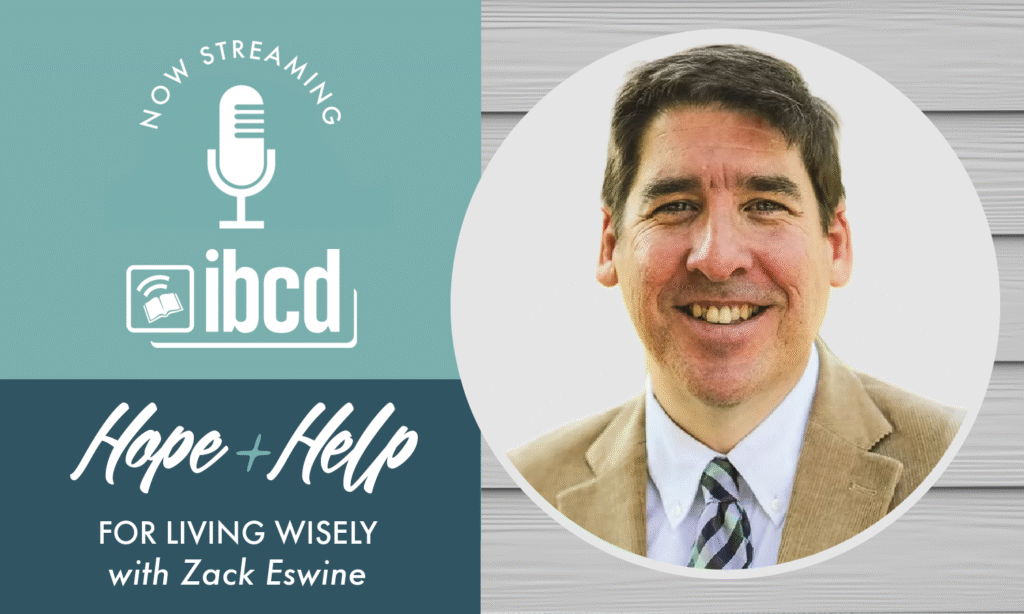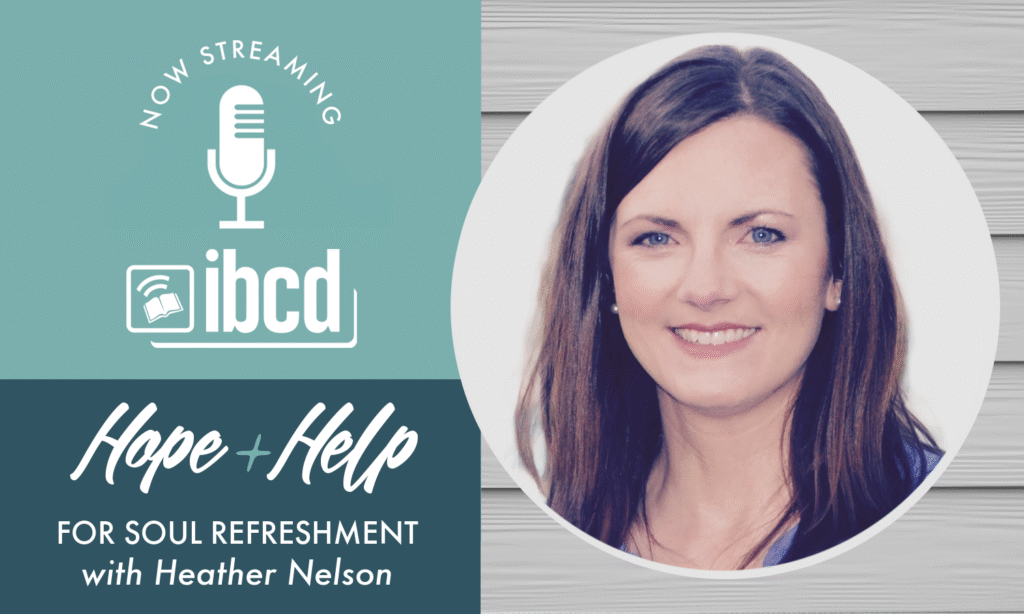The truth is I've sat on this interview since it came out in December 2023. By far, it's the most vulnerable conversation I've had with regards to the hospitalization I recount in Midnight Mercies as well as in my minibook, Help! I've Been Diagnosed with a Mental Disorder. I suppose I’ve gotten somewhat accustomed to sharing my story, but this interview probed the kinds of specifics I don’t typically rehearse—details which flung me back to a time and a place I prefer to keep out of.
While such a rehearsal offered an opportunity to glorify God, it also ushered in a fresh sense of shame for the ways I’ve struggled to cope with life in the past. I’m human, which means my past is littered with weakness, failure, folly, and limitation. And though my psychiatric hospitalizations are long since behind me, I still have to engage difficult emotions (like shame) with God on a daily basis. I didn't anticipate that this conversation would prompt such grief and regret—but it did.
And yet, thanks be to God, this fresh sense of shame sent me running to Jesus! Yes, it can hurt to heal from choices we aren't proud of—but it hurts even more to harden ourselves against the discomfort of God’s good mending. Healing can’t progress when we ruminate on our regrets as if we haven’t the good news of the gospel to apply. As we bring our regret and shame to Christ’s cleansing light, we find the courage we need to walk forward in forgiveness and freedom. Jesus's shame-before-honor story defines our own (Heb. 12:2). The past no longer has a hold on our future—it gets no say on who we are or who we get to become. In his presence, chains are broken and accusations are silenced. By his word, heart healing is facilitated and Christlikeness matured within us.
Having said that, part of my healing process has been to not allow my fear to prevent me from acting in hope—something I write about in the Shame chapter of Midnight Mercies. In this particular instance, that looked like trading my fear of man's judgement for the hope that God means to use this difficult conversation to comfort someone else (2 Cor. 1:3-4). Since this interview aired back in December, I've been asked if I had any resources that went more deeply into my hospitalization experience; if I had something to offer those who are going through a similar situation. Those who fear there is no coming out of the other side.
Paul David Tripp once wrote, "Our suffering does not belong to us." This one sentence has made a lasting impression on me and shaped the way I've approached my personal ministry. My story of struggling and suffering—my testimony of God's faithful love in my life—does not belong to me in the least. Because Christ stands firmly at the center of my story, I can bear witness to his mercy and grace in hope, not hoard his comforts in fear.
So God be praised for the light he gave through the Son he sent! In him, those who feel shame and regret (like me) have access to forgiveness, freedom, and sure hope for the future. Heal our hearts today, Lord. Call us to come forth and we shall be healed, indeed.
“Heal me, O Lord, and I shall be healed; save me, and I shall be saved, for you are my praise.” (Jeremiah 17:14)
While such a rehearsal offered an opportunity to glorify God, it also ushered in a fresh sense of shame for the ways I’ve struggled to cope with life in the past. I’m human, which means my past is littered with weakness, failure, folly, and limitation. And though my psychiatric hospitalizations are long since behind me, I still have to engage difficult emotions (like shame) with God on a daily basis. I didn't anticipate that this conversation would prompt such grief and regret—but it did.
And yet, thanks be to God, this fresh sense of shame sent me running to Jesus! Yes, it can hurt to heal from choices we aren't proud of—but it hurts even more to harden ourselves against the discomfort of God’s good mending. Healing can’t progress when we ruminate on our regrets as if we haven’t the good news of the gospel to apply. As we bring our regret and shame to Christ’s cleansing light, we find the courage we need to walk forward in forgiveness and freedom. Jesus's shame-before-honor story defines our own (Heb. 12:2). The past no longer has a hold on our future—it gets no say on who we are or who we get to become. In his presence, chains are broken and accusations are silenced. By his word, heart healing is facilitated and Christlikeness matured within us.
Having said that, part of my healing process has been to not allow my fear to prevent me from acting in hope—something I write about in the Shame chapter of Midnight Mercies. In this particular instance, that looked like trading my fear of man's judgement for the hope that God means to use this difficult conversation to comfort someone else (2 Cor. 1:3-4). Since this interview aired back in December, I've been asked if I had any resources that went more deeply into my hospitalization experience; if I had something to offer those who are going through a similar situation. Those who fear there is no coming out of the other side.
Paul David Tripp once wrote, "Our suffering does not belong to us." This one sentence has made a lasting impression on me and shaped the way I've approached my personal ministry. My story of struggling and suffering—my testimony of God's faithful love in my life—does not belong to me in the least. Because Christ stands firmly at the center of my story, I can bear witness to his mercy and grace in hope, not hoard his comforts in fear.
So God be praised for the light he gave through the Son he sent! In him, those who feel shame and regret (like me) have access to forgiveness, freedom, and sure hope for the future. Heal our hearts today, Lord. Call us to come forth and we shall be healed, indeed.
“Heal me, O Lord, and I shall be healed; save me, and I shall be saved, for you are my praise.” (Jeremiah 17:14)




